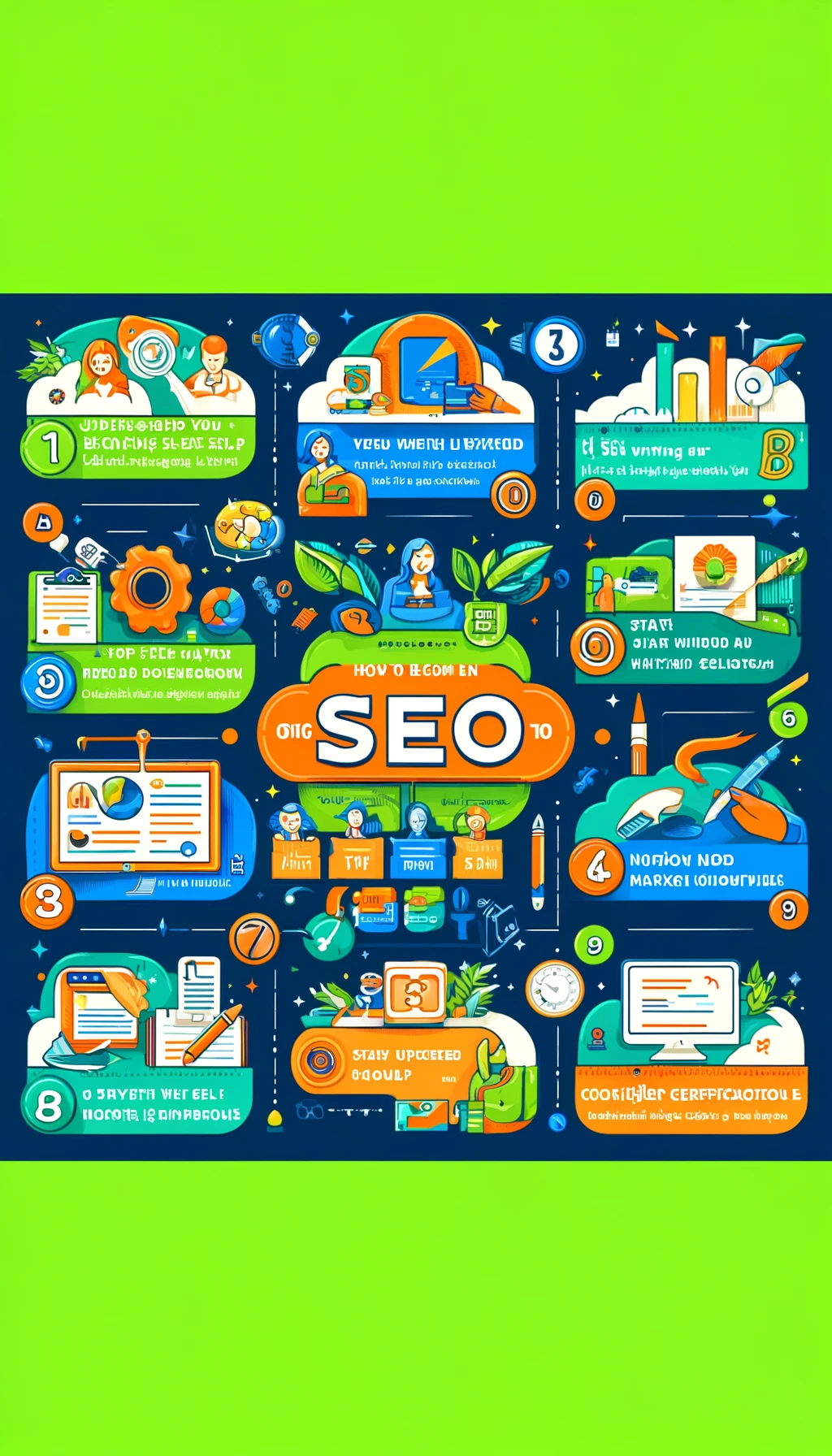Off Page Optimization in Digital Marketing
Off Page Optimization in Digital Marketing. While on-page SEO focuses on enhancing elements within your website, off-page SEO involves all the activities you do away from your website to raise the ranking of a page with search engines. It’s crucial for brand credibility and to ensure visibility in the highly competitive digital landscape. This guide explores the various components and strategies of off-page optimization.
1. Link Building: The Backbone of Off-Page SEO
Link building is the most common and impactful off-page SEO tactic. The goal is to get other reputable websites to link back to yours, which enhances your site’s authority and credibility in the eyes of search engines. Effective link-building strategies can include:
- Guest blogging: Writing posts for other blogs in exchange for a backlink to your site.
- Broken link building: Replacing links on other sites that no longer work with a link to a relevant page on your site.
- Skyscraper technique: Improving existing popular content and prompting others to link back to your superior version.
2. Social Media Engagement
Although social media signals do not directly influence SEO rankings, they affect your off-page SEO presence. Active engagement on social media platforms can drive more traffic to your website and increase your brand’s visibility and recognition. Strategies include:
- Sharing content regularly and interacting with followers.
- Using hashtags to expand your content’s reach.
- Collaborating with influencers to reach a broader audience.
3. Influencer Outreach
Connecting with influencers to promote your brand can significantly boost your off-page SEO. Influencers have a vast audience that trusts their recommendations, making their endorsements a powerful tool for increasing your site’s exposure and credibility. Effective influencer outreach strategies involve:
- Identifying the right influencers: Choose influencers whose followers align with your target audience.
- Offering something of value: This could be a free product, a guest post opportunity, or a partnership that benefits both parties.
- Building long-term relationships: Instead of one-off promotions, aim for ongoing collaborations to maintain a steady stream of backlinks and referrals.
4. Content Marketing
While often associated with on-page SEO, content marketing extends into off-page strategies through the creation and distribution of valuable, relevant, and consistent content to attract and retain a clearly-defined audience. Effective content marketing can lead to natural link building as other sites want to link to useful and informative resources. Techniques include:
- Publishing whitepapers, e-books, and research studies that others might reference.
- Creating engaging infographics and videos that are highly shareable.
- Hosting webinars and podcasts that mention and link back to your site.
5. Forum Participation and Community Engagement
Engaging in forums and community groups relevant to your industry can help establish your expertise and authority. By providing helpful answers and insights, you can encourage others to visit your website, potentially leading to increased backlinks and traffic. Remember to participate genuinely and not just for the sake of posting links.
6. Reviews and Brand Mentions
Positive reviews on external websites can significantly impact your brand’s perception and SEO. Encourage satisfied customers to leave reviews on popular platforms like Google My Business, Yelp, and industry-specific review sites. Additionally, brand mentions, even without a direct link, can reinforce your relevance in the industry, as search engines recognize these mentions as signals of authority and credibility.
7. Press Releases
Distributing press releases can help disseminate information about your business and lead to increased exposure online. When news outlets pick up your press release, it can result in valuable backlinks and traffic from new audiences.
8. Local Listings and Directories
Ensure your business is listed in relevant online directories and local business listings. This not only helps in local SEO but also directs traffic from these directories to your site. Accurate and consistent information across these platforms also enhances credibility.
Conclusion Off Page Optimization in Digital Marketing
Off-page SEO is an integral part of any comprehensive digital marketing strategy. It extends beyond your website to include social media, link building, influencer outreach, and more, all aimed at enhancing your online visibility and authority. By implementing a robust off-page SEO strategy, you can complement your on-page efforts and significantly improve your overall search engine ranking, driving more traffic and conversions for your business.




